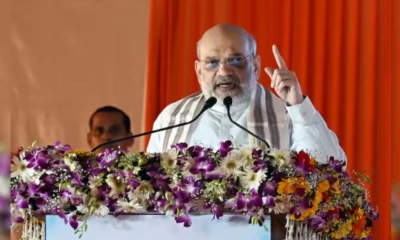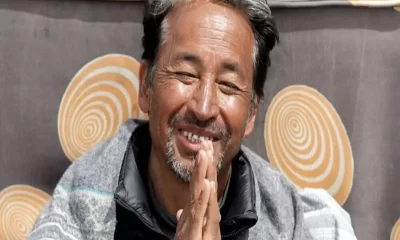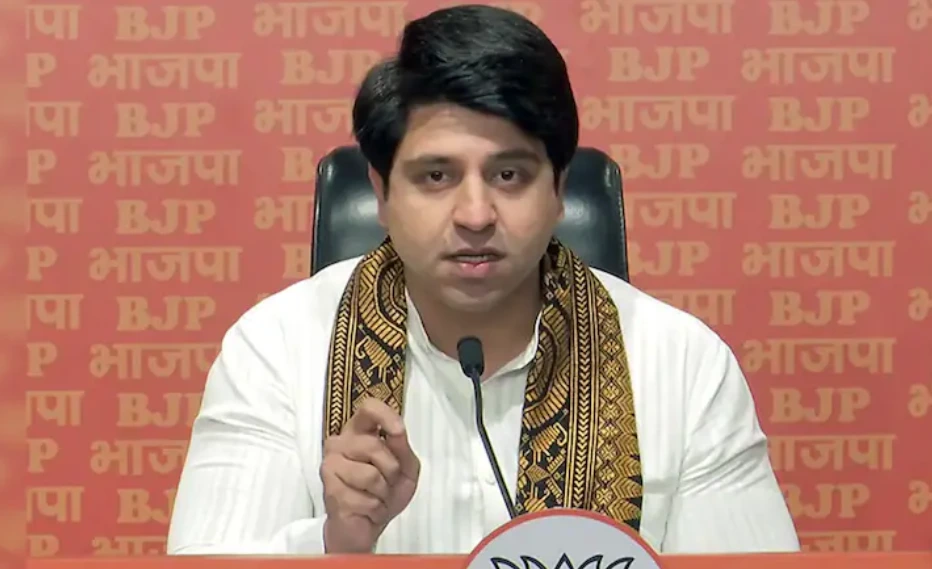India News
Afghan women start online campaign to protest Taliban burqa law, dress up in traditional attire, say burqa not Afghan culture
Under the new Taliban regime, women have been strictly ordered to wear hijab when in public, while those attending private universities are mandated to wear an abaya robe and niqab covering most of the face.

India News
PM Modi skips Lok Sabha reply as protests force repeated adjournments
PM Modi did not deliver his Lok Sabha reply today after sustained Opposition protests led to repeated adjournments over a dispute involving Rahul Gandhi’s proposed speech.
India News
President’s Rule revoked in Manipur as NDA set to form new government
President’s Rule has been withdrawn in Manipur nearly a year after its imposition, paving the way for a new NDA-led government under Yumnam Khemchand Singh.
India News
BJP spokesperson Shehzad Poonawalla’s mother injured in hit-and-run incident in Pune
BJP spokesperson Shehzad Poonawalla has alleged that his mother was deliberately hit by a car in Pune and left critically injured. She is scheduled to undergo surgery.
-

 Entertainment23 hours ago
Entertainment23 hours agoBorder 2 box office collection day 12 crosses Rs 286 crore, eyes Rs 300 crore milestone
-

 India News20 hours ago
India News20 hours agoPresident’s Rule revoked in Manipur as NDA set to form new government
-

 India News17 hours ago
India News17 hours agoPM Modi skips Lok Sabha reply as protests force repeated adjournments
-

 Cricket news3 hours ago
Cricket news3 hours agoPakistan PM Shehbaz Sharif confirms boycott of India match at T20 World Cup
-

 Latest world news3 hours ago
Latest world news3 hours agoNew Delhi free to buy oil from any source, Russia says amid US deal claims
-

 Latest world news2 hours ago
Latest world news2 hours agoPakistan faces domestic backlash after India secures lower tariffs in US trade deal

















